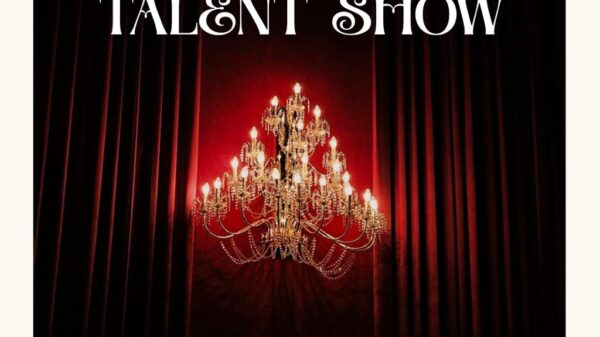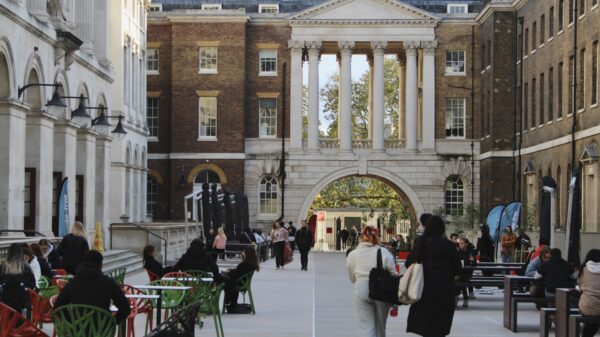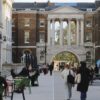This September, a report from King’s College London’s Policy Institute supported tuition fees rising with inflation year-on-year.
In a report entitled ‘The China Question Revisited’, the Policy Institute attempted to tackle the question of British higher education’s dependence on Chinese students. As the UK government takes a ‘tougher stance’ on China, with the US increasingly insistent on allies taking its side, this report looked for ways to ‘de-risk’ the university sector.
This same issue has been playing out in democratic countries such as France, as universities worry about either Beijing using its enormous student body as political leverage or a ‘sudden disruption to the student flow’ from China amidst worsening geopolitical tensions, such as accusations of spying. A House of Lords report recently criticised the Office for Students (OfS) for failing to prepare for this potential financial issue. Over a quarter of current international PhD students in the UK are Chinese.
The Policy Institute report suggests that the UK higher education sector is still very vulnerable to a shock in the Chinese student market. As evidence for the vulnerability, it cited the share of Masters and Doctoral students from China and the concentration of Chinese students in certain institutions, particularly Russell Group universities. The authors suggested that future shocks would be particularly felt in STEM subjects like material sciences, where a huge proportion of students are from abroad.
Most notably, the authors recommended that “the single most effective way for the government to reduce these strategically important institutions’ reliance on Chinese students, would be to allow domestic fees to increase with inflation. The legal cap on tuition fees for full-time undergraduate UK students at most universities is £9,250, barely changed from the £9,000 at introduction a decade ago.” The £9,000 cap for domestic undergraduate students was put in place in 2012 and the cap has not been raised since 2016. Adjusting for inflation, the £9,000 fee in 2012 would be £12,367.39 in September 2023. That would be a 33.7% increase on the current annual cost for a domestic student of £9,250.
It’s important to note that this is not the current official position of King’s College London or any mainstream political party in the UK.
The report also advocates for publishing international student recruitment plans, regulating course quality to discourage drop-outs, charging higher application fees for international students and requiring tuition to be paid for up-front. These policies, the authors suggest, would increase the intake of South Asian and European students. They state that the falling number of Chinese students could be made up by more British students because, with fewer students paying the higher, unregulated international fees, UK universities would end up making a loss.
According to the Higher Education Statistics Agency (HESA), 6,360 of King’s 38,445 students in 2021/22 were domiciled in China. International fees are deregulated and depend on your institution and course. Many of KCL’s undergraduate courses, such as General Engineering, Physics and Politics will charge £33,450 to international students in 2024/25, while Medicine will charge £48,600 and Comparative Literature only £24,786.
The Policy Institute report was led by Jo Johnson, former Minister of State for Universities, current member of the House of Lords and brother of former Prime Minister Boris Johnson. He is also a Visiting Professor at King’s. After publication, Johnson commented that the sector currently had a ‘cross your fingers’ strategy about China, akin to its attitude towards Russia before the invasion of Ukraine. He re-iterated the call for urgent action, stressing “the risks to national security from bad-faith actors and the dangers of over-reliance on a single country”.














